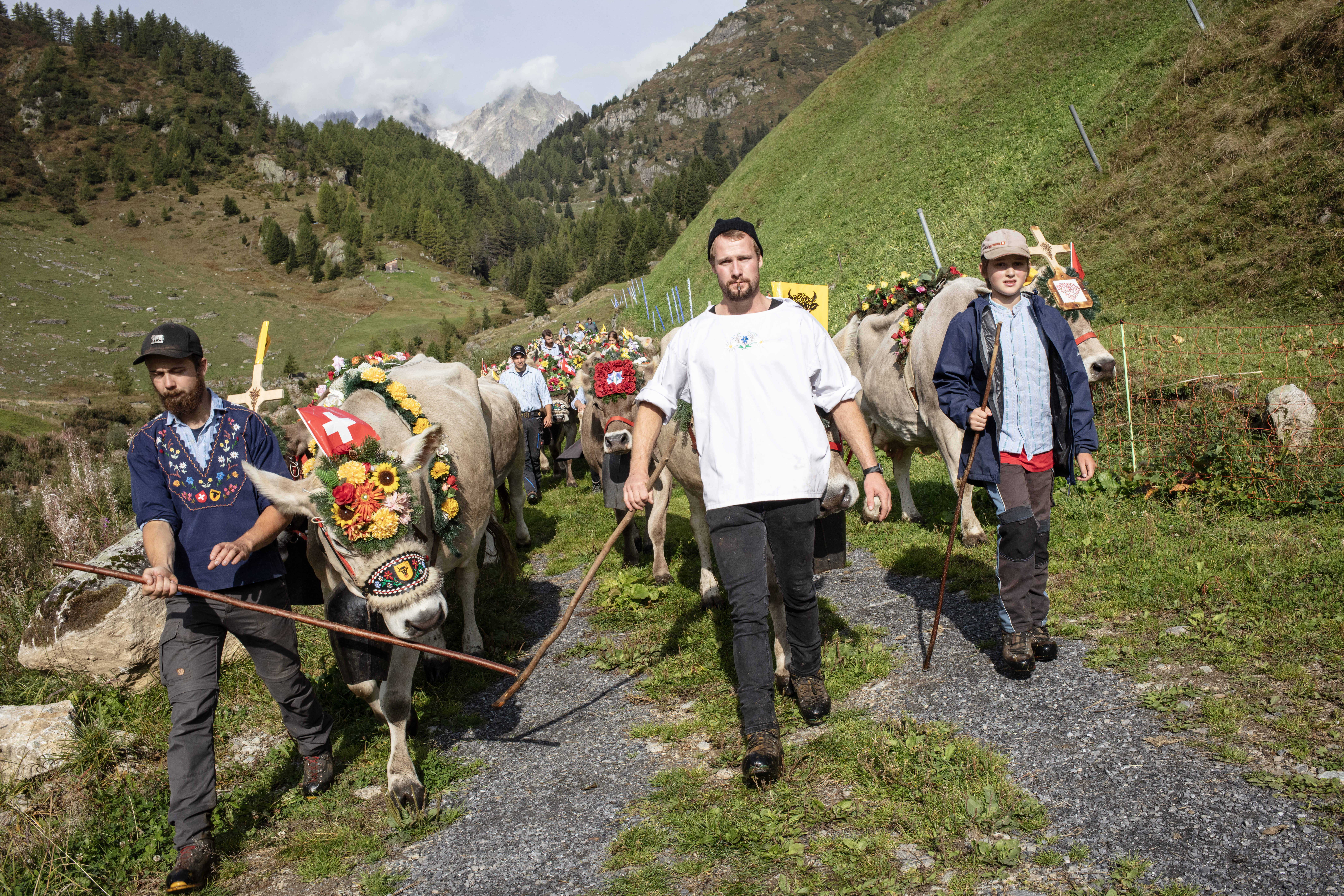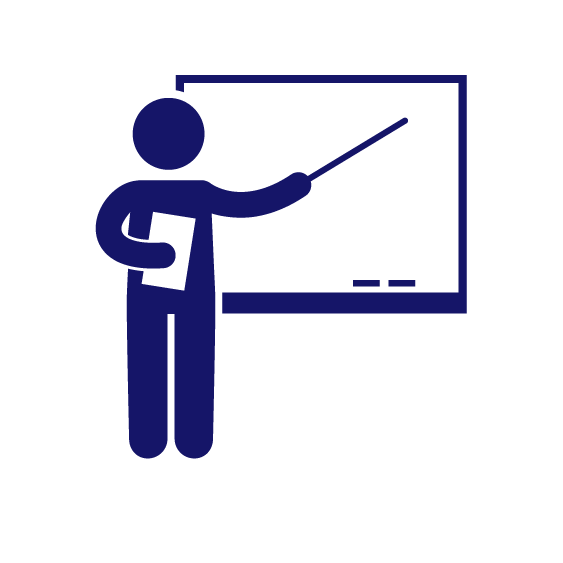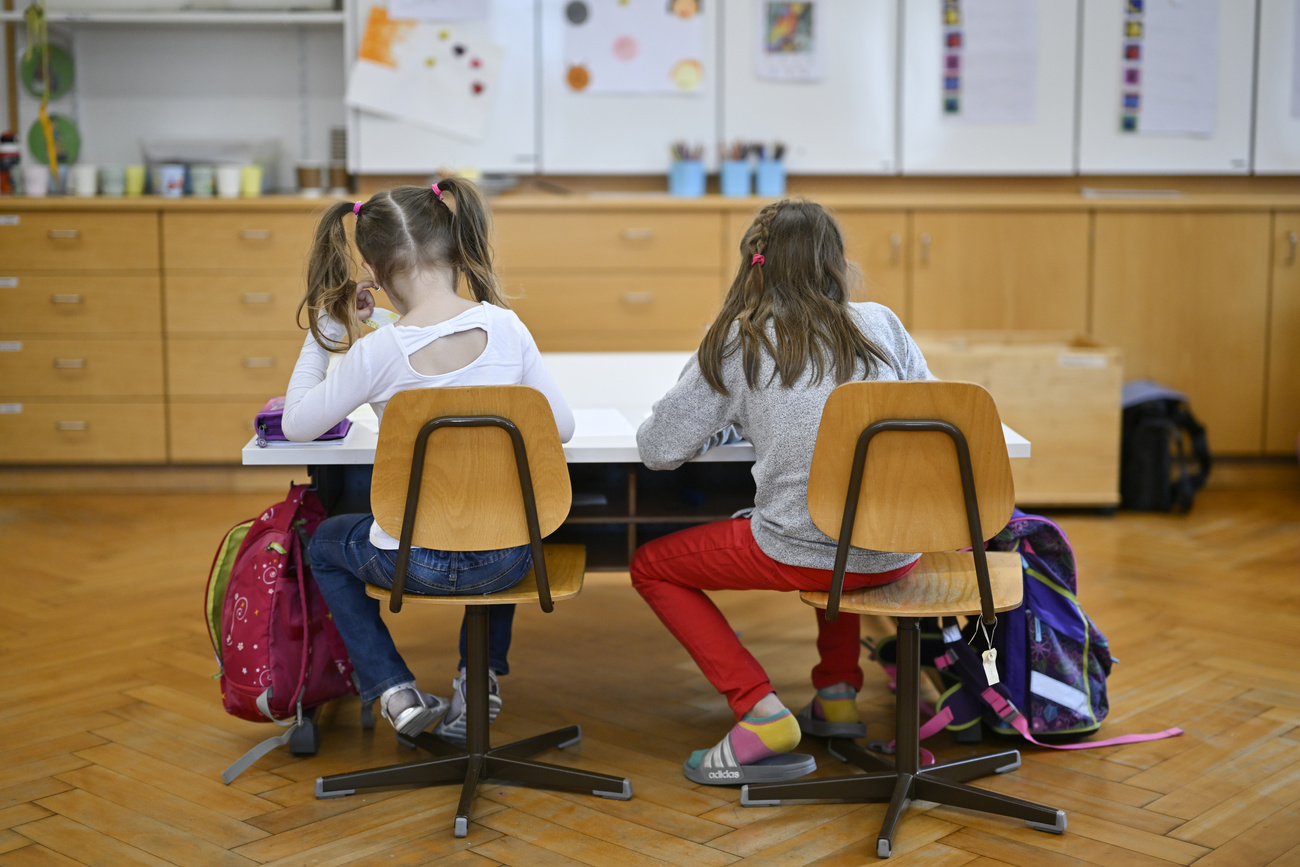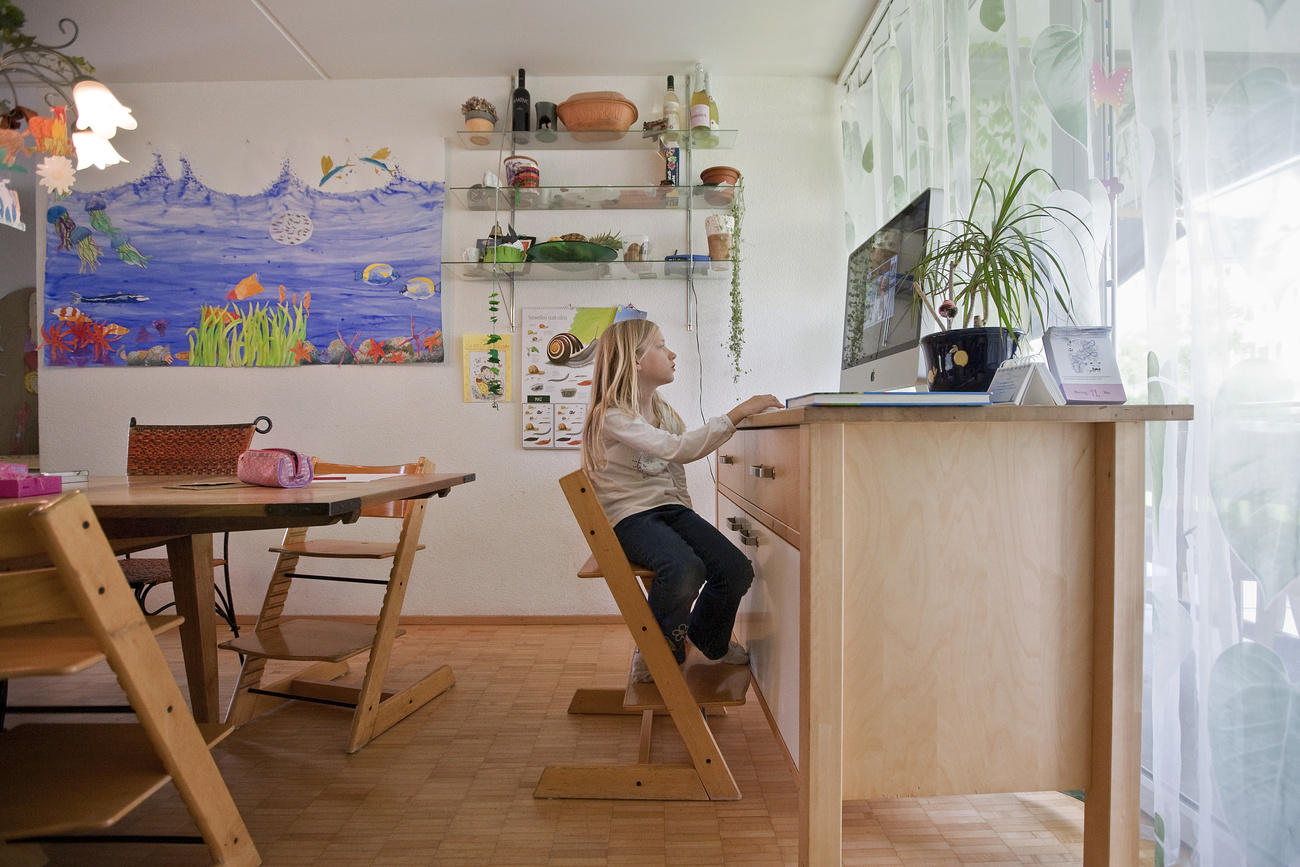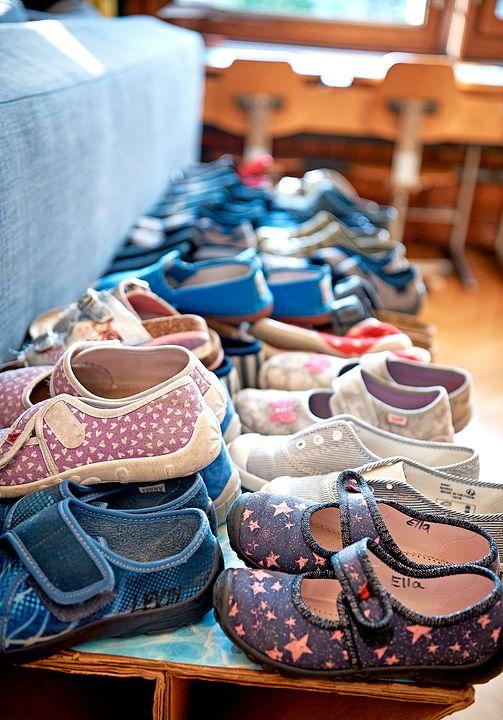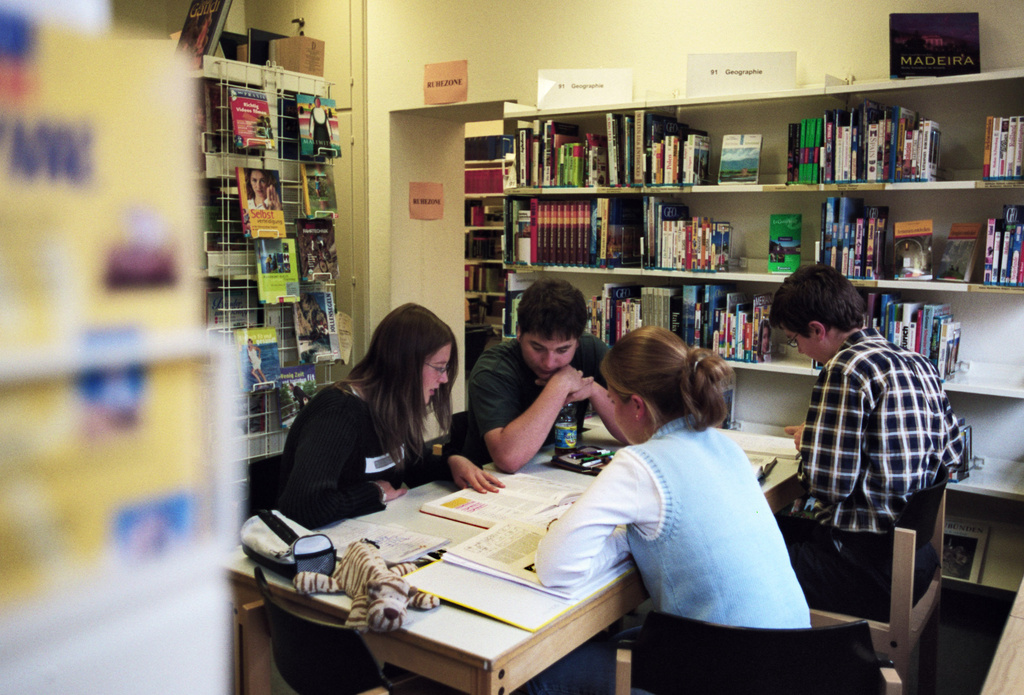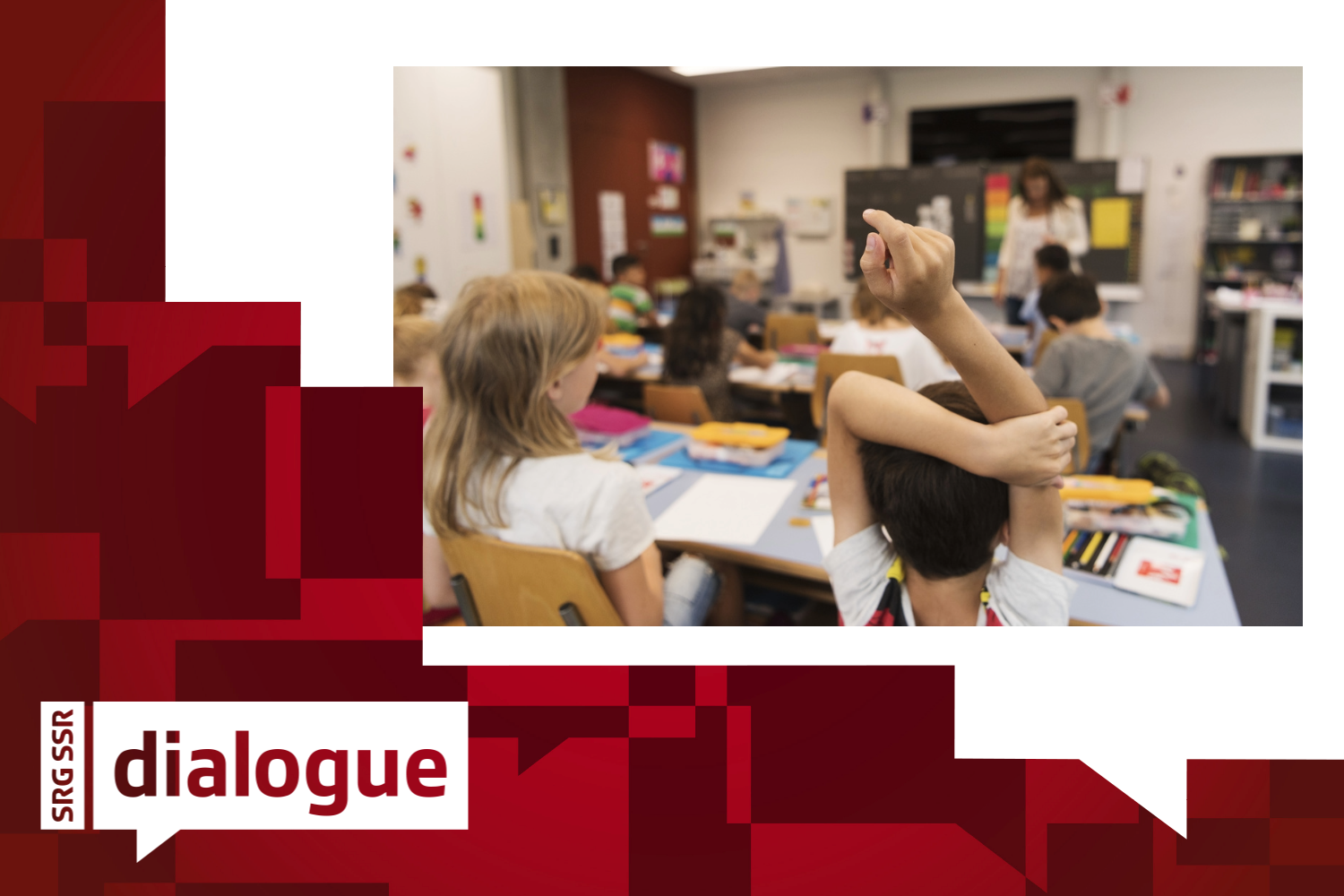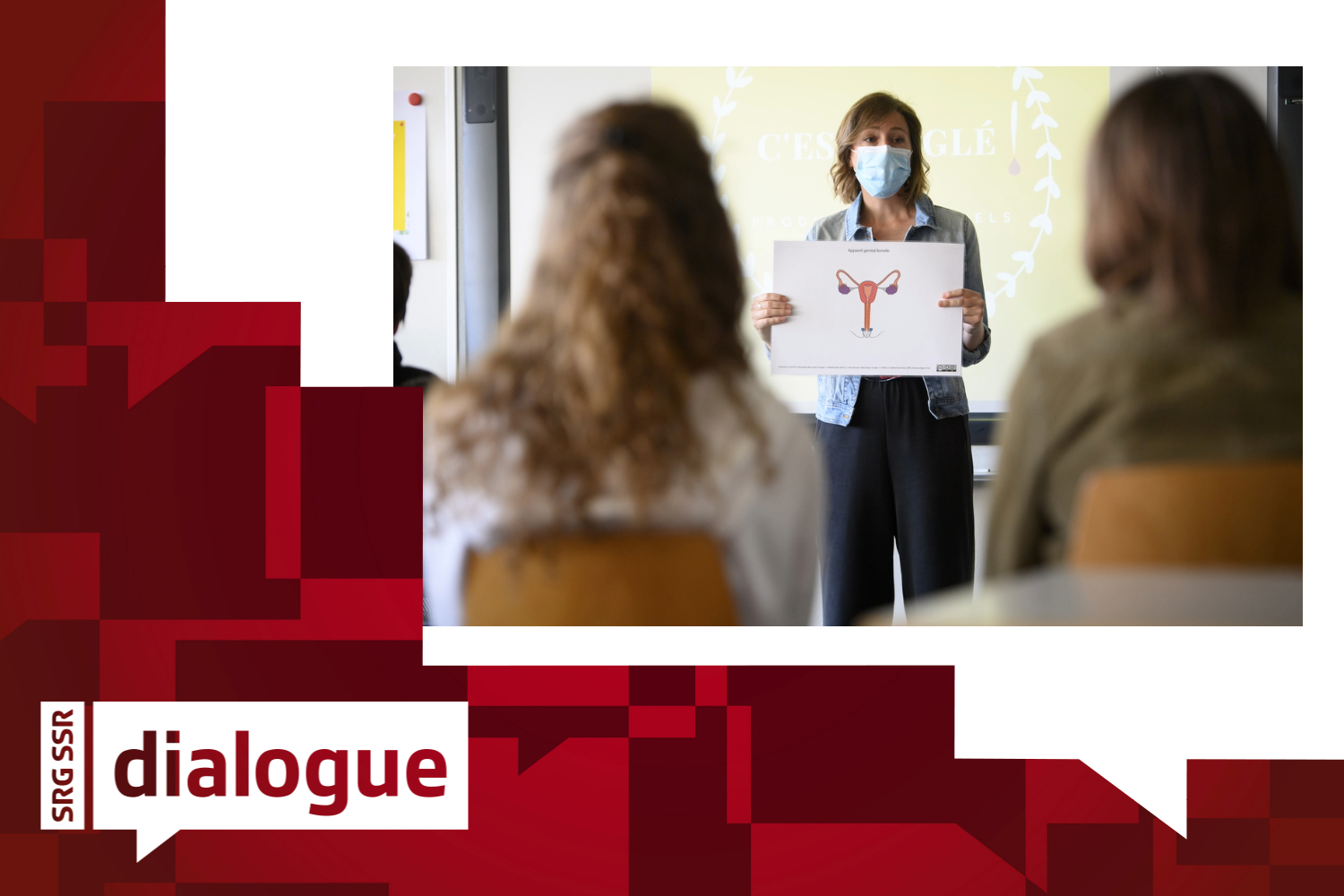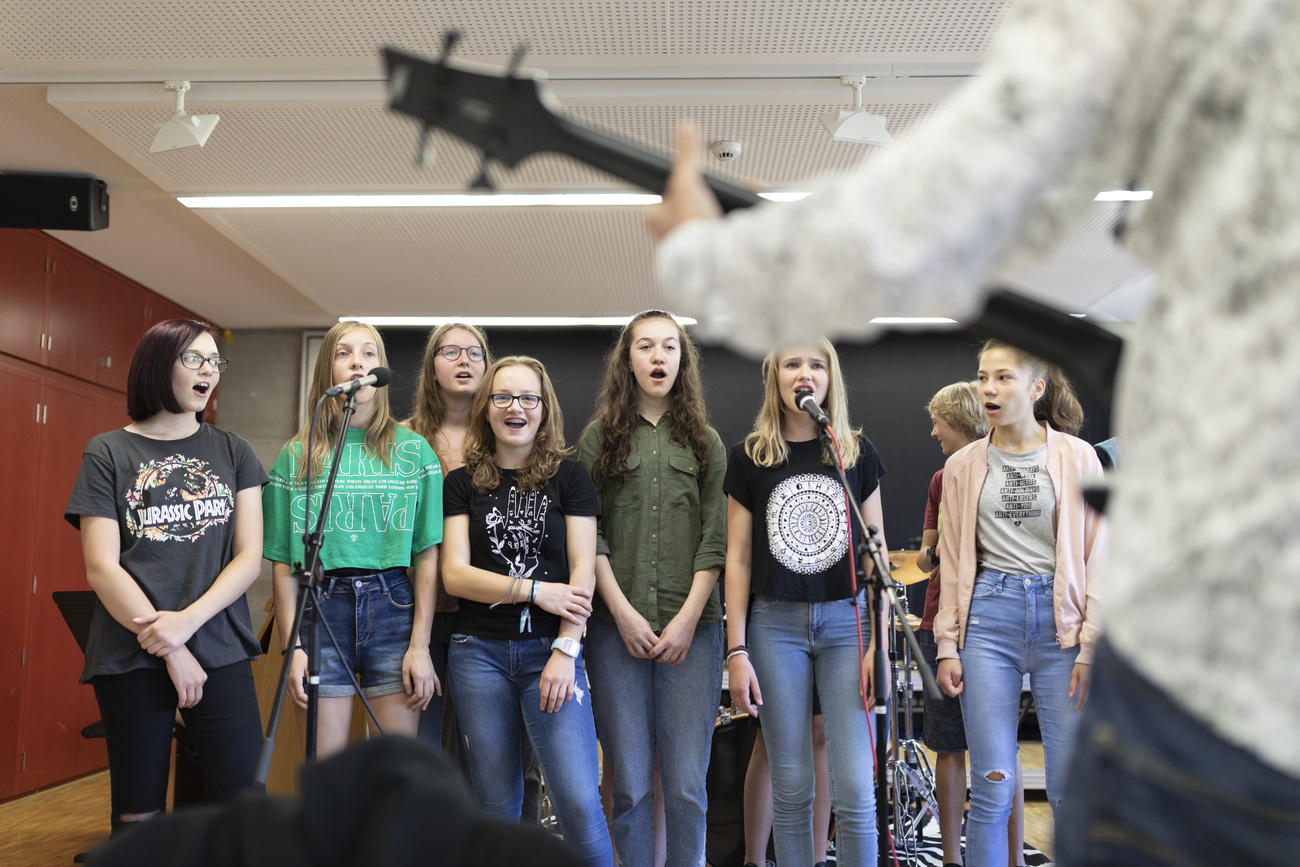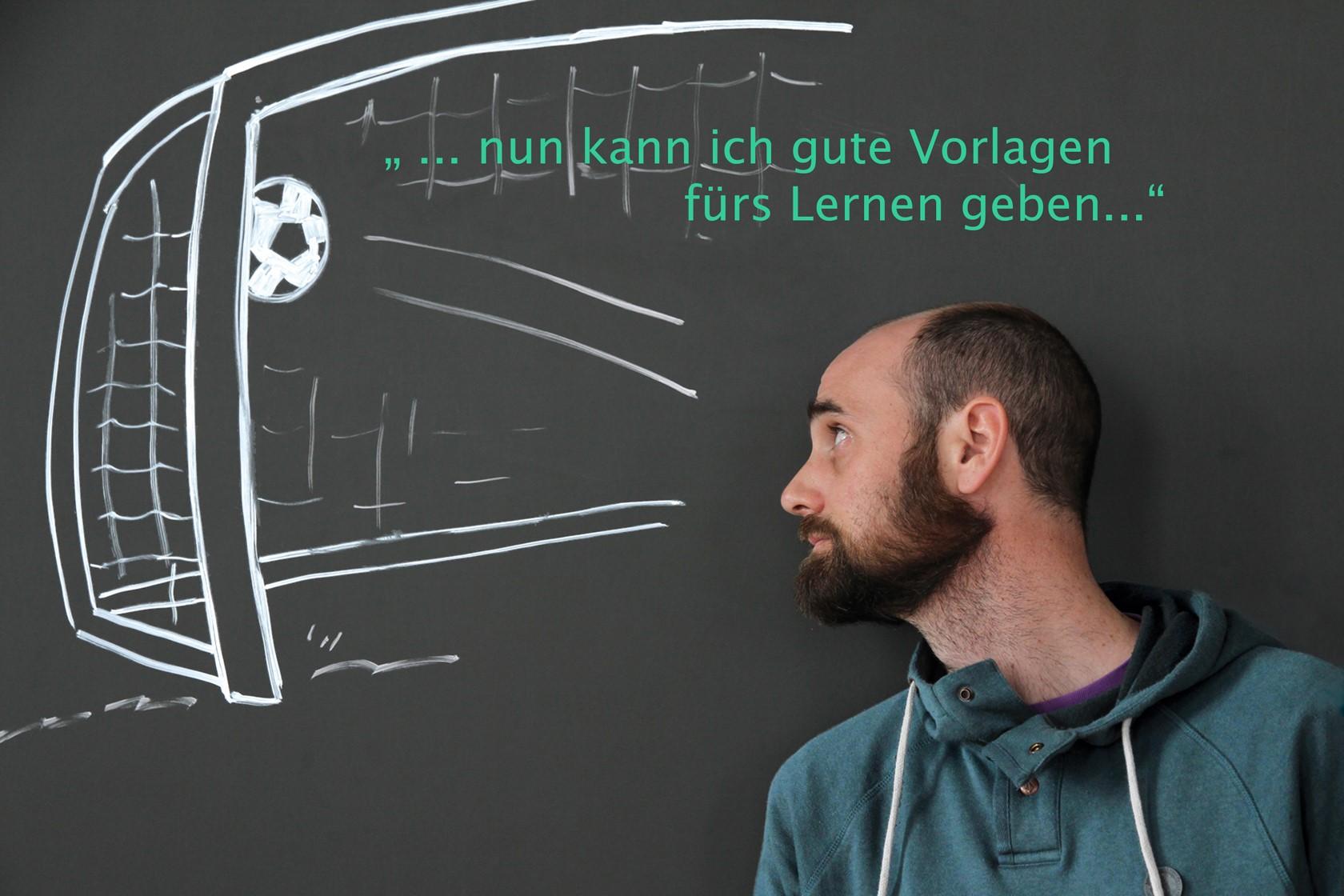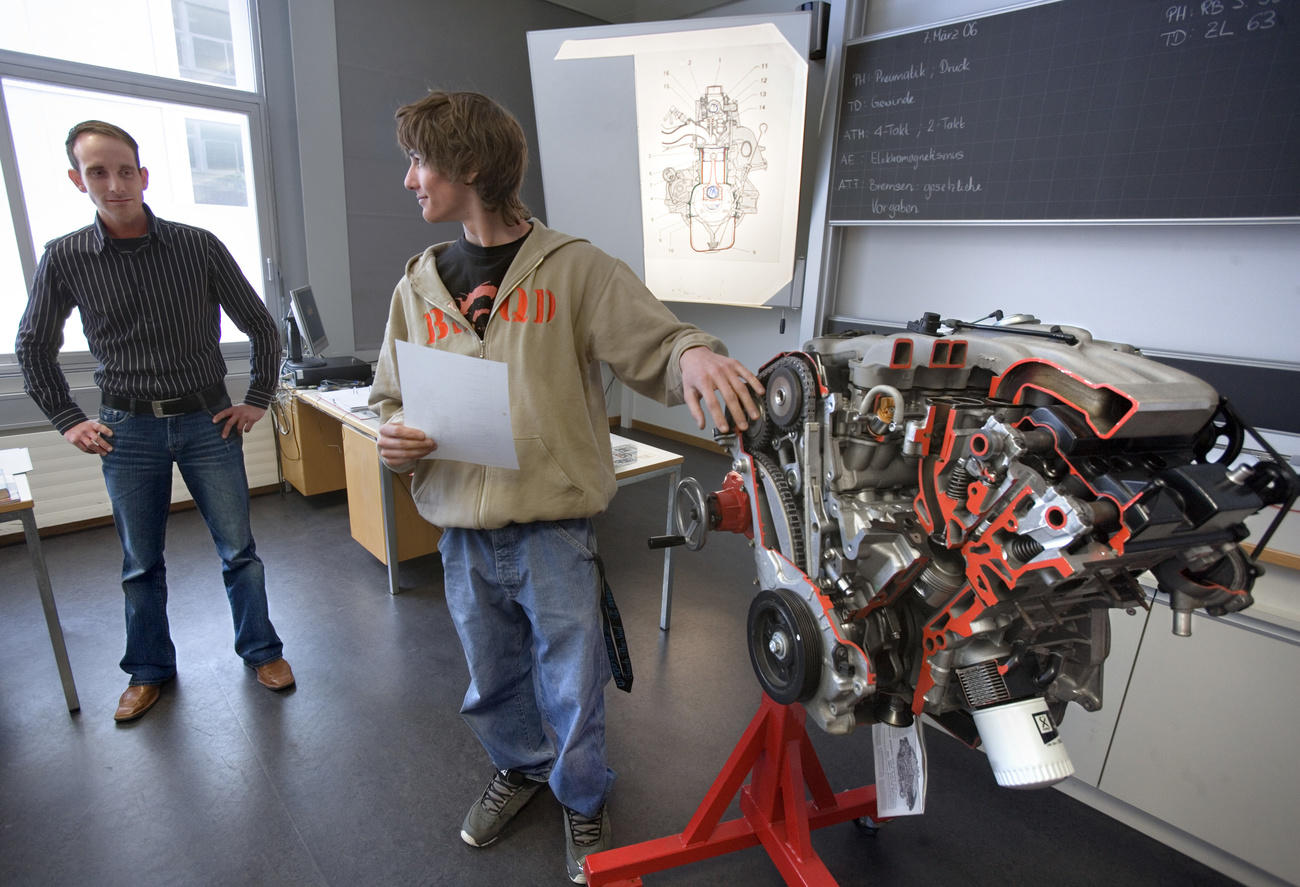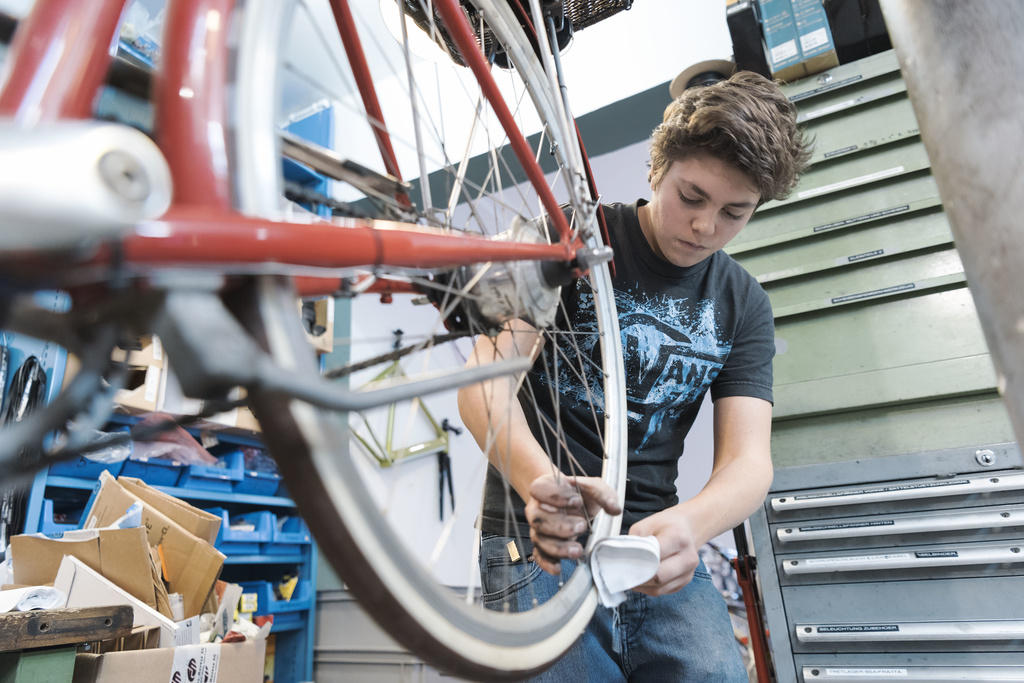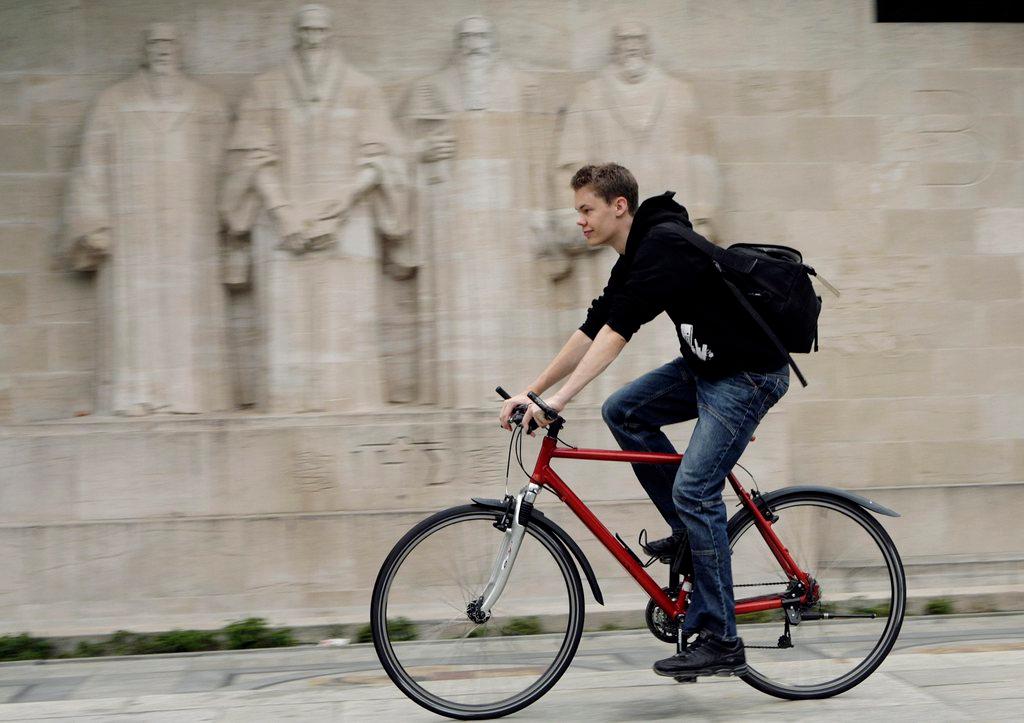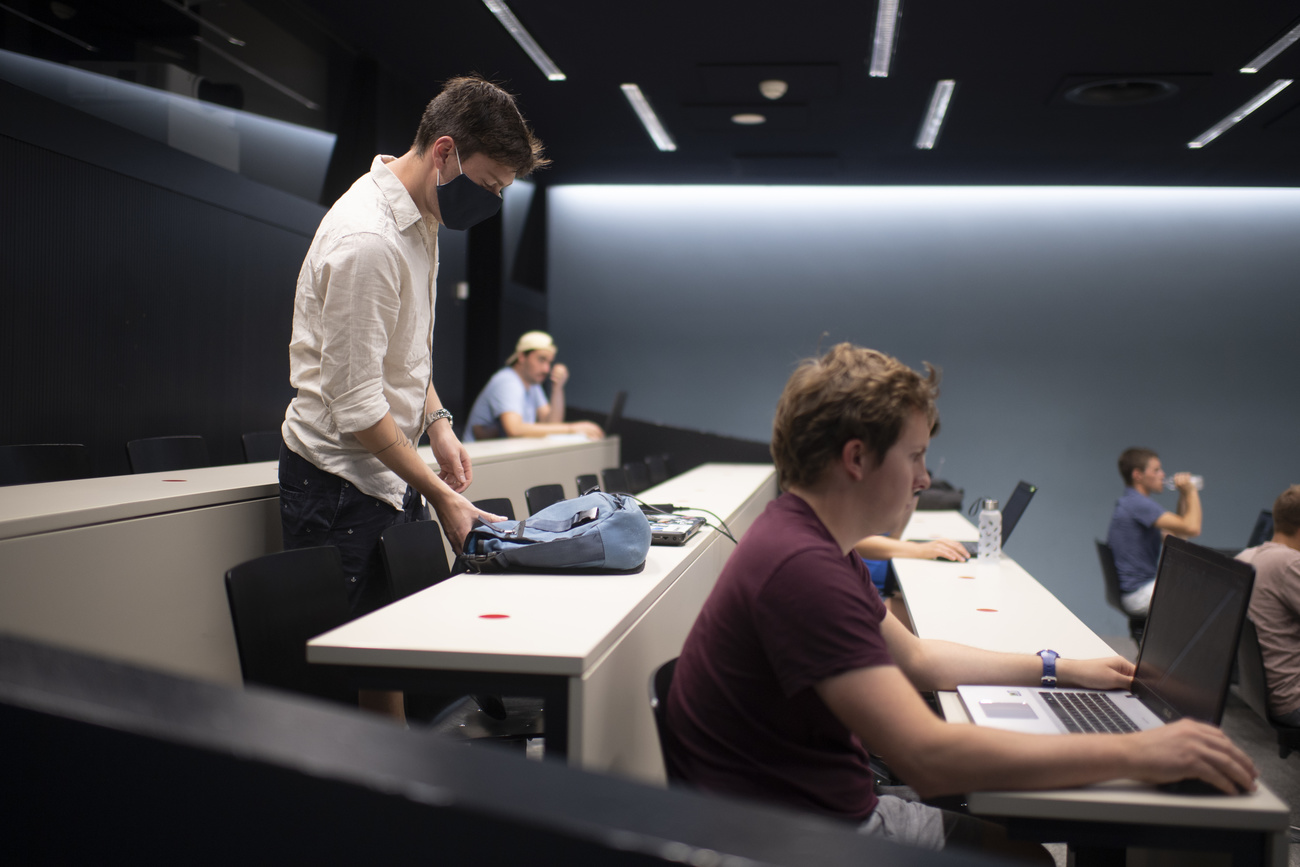
Education in Switzerland
The Swiss education system is known for its eleven mandatory school years and its globally unique dual education system. After primary school, students are placed into different educational pathways based on their abilities. Whether vocational training or high school (Gymnasium) – both options can lead to a university. Discover here how the Swiss school system works, from elementary school to higher education institutions, and why it is considered one of the best in the world.
Overview of the Swiss education system
Primary and secondary schools
Vocational education and apprenticeships
Universities and higher education
Inclusive education
Studying or doing an apprenticeship in Switzerland
FAQ: Moving to Switzerland for educational purposes
Special features of the Swiss education system

















